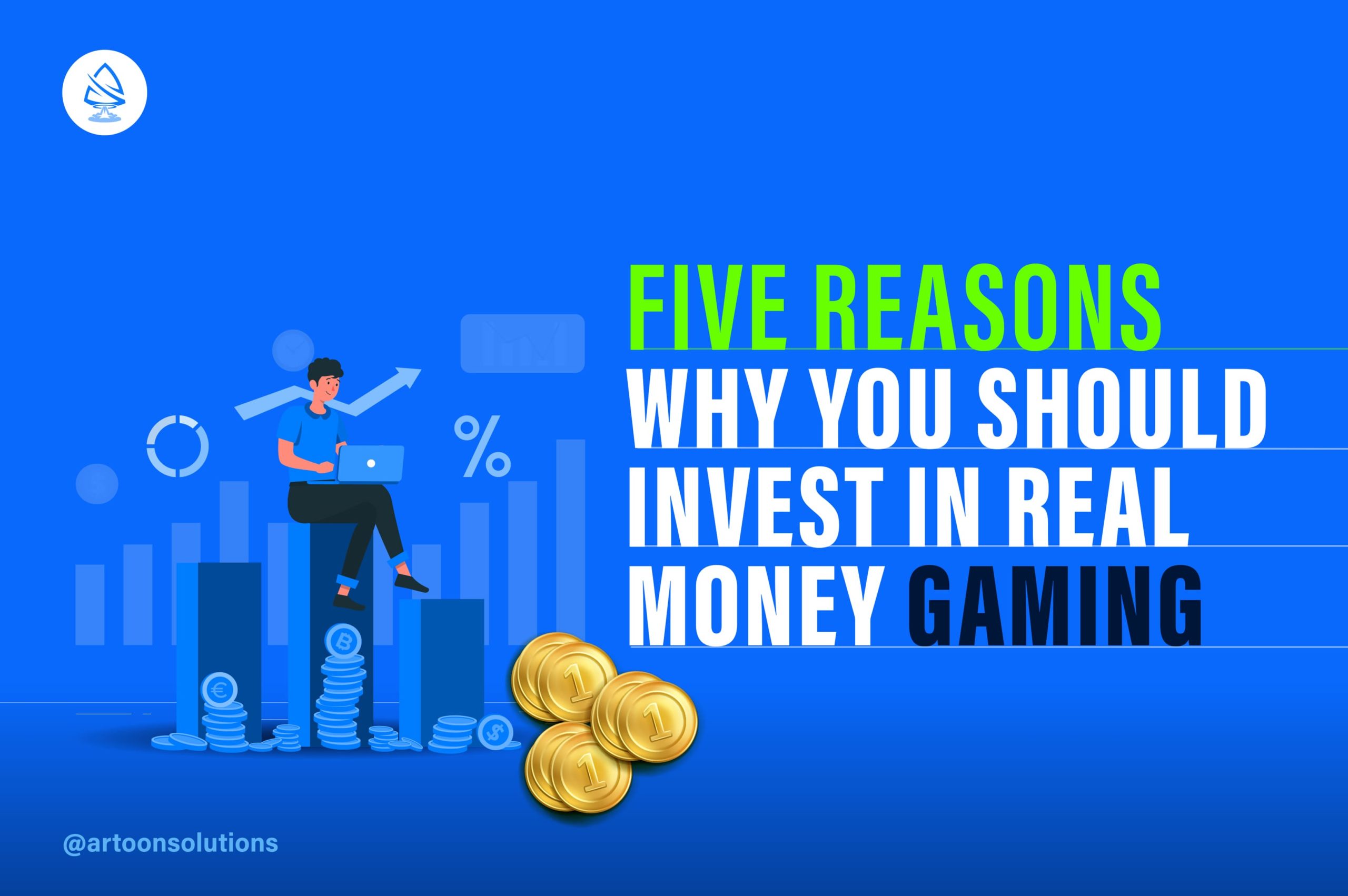The Rise of Gaming Platforms with Rewards: A New Era for Gamers
The Rise of Gaming Platforms with Rewards: A New Era for Gamers
Blog Article
Just How Play-to-Earn Gamings Are Revolutionizing the Gaming Industry

Comprehending Play-to-Earn Mechanics
The play-to-earn model has arised as an innovative idea within the pc gaming sector, basically changing the partnership between players and the games they engage with. This model makes it possible for gamers to gain tangible incentives, often in the type of cryptocurrencies or non-fungible symbols (NFTs), via their in-game activities. Unlike conventional video gaming frameworks that normally generate income from via registration charges or one-time acquisitions, play-to-earn video games incentivize player involvement by directly linking gameplay accomplishments to real-world worth.
At the core of play-to-earn auto mechanics is the combination of blockchain innovation, which makes sure transparency and verifiable ownership of in-game properties. Players can get, market, or trade these assets in decentralized industries, equipping them with economic firm formerly hidden in conventional video gaming settings. Each player's contribution to the video game ecological community-- be it via skillful play, critical trading, or neighborhood participation-- enhances the total pc gaming experience while supplying them a possibility to create earnings.
As players spend time and resources, they not only grow their interaction with the game yet likewise cultivate a vibrant economy that reflects their cumulative initiatives (play and earn rewards). This change of gameplay right into a monetizable endeavor is reshaping both gamer motivation and game layout
Economic Influence on Players

Additionally, play-to-earn designs democratize accessibility to economic benefits. Gamers from varying socio-economic backgrounds can get involved and potentially make significant earnings, bridging voids that exist in traditional job markets. This paradigm shift cultivates monetary independence, specifically in areas where job opportunity may be restricted.
Additionally, the introduction of online economic situations enables players to construct wealth via strategic financial investments in in-game assets, which can value over time. This has actually caused the emergence of a brand-new class of players that approach play-to-earn as a significant income-generating activity, frequently bring about the reinvestment of profits into the pc gaming environment itself. Ultimately, the economic influence on players is profound, as they navigate a landscape where leisure and resources converge.
The Function of Blockchain Technology
What makes blockchain technology a keystone of play-to-earn games is its capability to provide transparency, decentralization, and safety. By utilizing go now a distributed ledger system, blockchain makes sure that all purchases within the video game are recorded in an unalterable manner, allowing players to confirm possession of in-game properties without depending on a main authority. This transparency cultivates count on among gamers, as they can individually confirm the scarcity and provenance of digital products, improving their worth.
In addition, blockchain technology empowers players with decentralization, enabling them to take part in peer-to-peer deals. Players are no longer restricted to in-game economic climates regulated by programmers; rather, they can trade, offer, or rent their properties openly in open industries. This change not just boosts the overall liquidity of digital assets but also encourages even more meaningful gamer engagement, as individuals can straight profit from their effort and time purchased the game.
Additionally, blockchain facilitates the development of smart contracts, which automate numerous in-game procedures, from benefits distribution to governance mechanisms. play and earn rewards. This innovation lowers the danger of scams and guarantees fair play, further strengthening blockchain's important function in the evolution of play-to-earn video gaming
Difficulties and Criticisms
Frequently, play-to-earn video games face significant obstacles and criticisms that can prevent their development and acceptance within the more comprehensive pc gaming neighborhood. One primary problem is the capacity for a speculative bubble, where the worth of in-game possessions can fluctuate considerably, resulting in economic losses for gamers. This volatility threatens the stability that conventional pc gaming atmospheres typically offer.
Moreover, the assimilation of blockchain modern technology often questions concerning environmental sustainability. The energy consumption connected with particular blockchain networks has stimulated debates relating to the ecological effect of browse around here these video games. Movie critics say that the carbon impact generated by play-to-earn systems can discourage eco-conscious players.
Additionally, there are problems regarding ease of access and inclusivity. Several play-to-earn games call for gamers to spend significant ahead of time funding to obtain needed properties, producing barriers for those with minimal economic sources. This design can unintentionally develop a divide in between wealthier gamers and those that can not afford to get involved.
Future Patterns in Gaming
As the pc gaming market remains to progress, a number of future patterns are emerging that pledge to improve the landscape of play-to-earn video games and past. One significant trend is the raising integration of blockchain modern technology, which enhances openness and safety and security in purchases. This will likely bring about better count on among gamers, encouraging wider fostering of play-to-earn versions.
Furthermore, the increase of non-fungible symbols (NFTs) is set to change digital ownership, permitting players to really possess in-game assets. This shift will not just encourage players but also create brand-new financial chances within the digital ecological community. Furthermore, the convergence of video gaming with other sectors, such as social networks and decentralized finance (DeFi), is anticipated to foster cutting-edge gameplay mechanics and monetization techniques.
Moreover, developments in expert system and artificial intelligence will allow much more individualized video gaming experiences, satisfying individual gamer choices and boosting involvement. The expanding emphasis on community-driven growth will likely affect game design, as players progressively participate in shaping their gaming atmospheres. Collectively, these trends indicate a transformative future for the pc gaming sector, where play-to-earn models will play a main duty in redefining player communication and worth creation.
Final Thought
Finally, play-to-earn games stand for a substantial shift in the gaming market, promoting financial possibilities via ingenious technicians that utilize blockchain technology. This design not only democratizes access to financial benefits for players from various socio-economic histories but also encourages community engagement and empowerment. Despite dealing with objections and difficulties, the capacity for future innovations recommends that play-to-earn video games will proceed to form the video gaming landscape, using new methods for wealth production and gamer participation.
The introduction of play-to-earn video games represents a substantial change in the pc gaming market, reshaping the relationship in between players and the digital economy (play and earn rewards).The play-to-earn find more information version has arised as a revolutionary concept within the pc gaming market, fundamentally modifying the relationship in between players and the video games they involve with. Unlike standard video gaming frameworks that generally generate income from with subscription costs or single purchases, play-to-earn video games incentivize player participation by directly connecting gameplay accomplishments to real-world value
These cutting-edge video gaming systems encourage gamers to produce real-world revenue with their in-game activities, consequently transforming the conventional notion of gaming from a simple leisure activity into a practical economic possibility. Despite facing objections and difficulties, the possibility for future developments recommends that play-to-earn games will certainly continue to shape the pc gaming landscape, using brand-new opportunities for riches creation and player participation.
Report this page